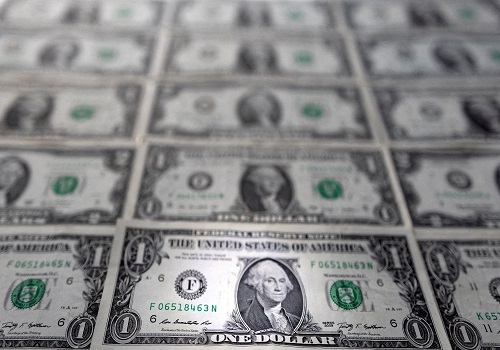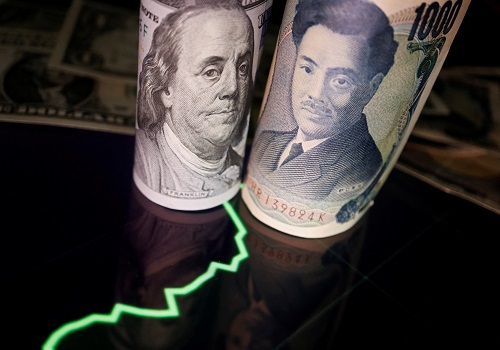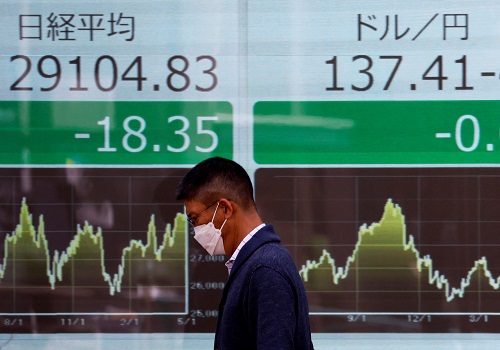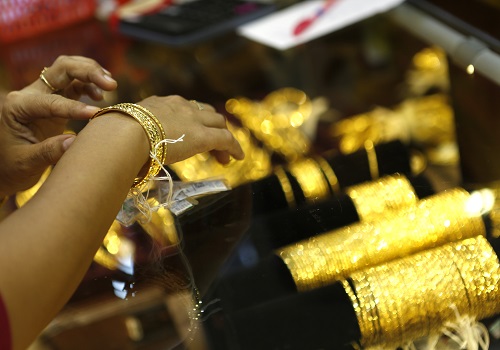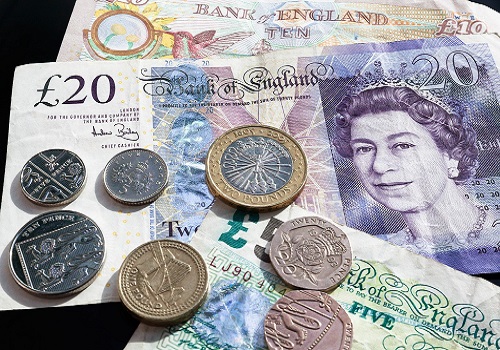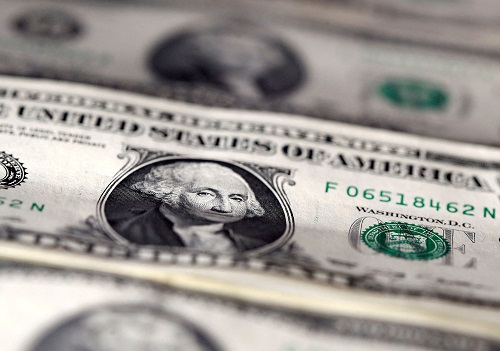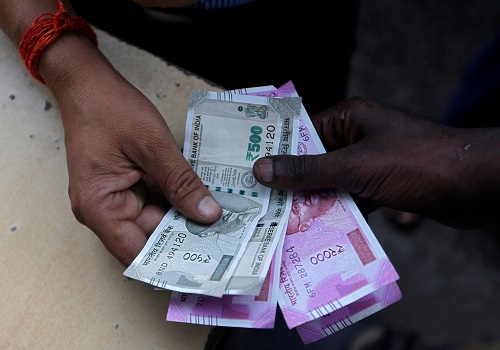Sterling pauses after UK fiscal U-turn rally, yen scrabbles off 32-year low
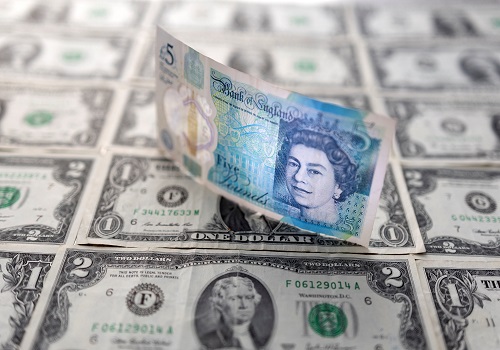
Follow us Now on Telegram ! Get daily 10 - 12 important updates on Business, Finance and Investment. Join our Telegram Channel
Sterling paused on Tuesday, after surging almost 2% the day before, as improved investor sentiment sent the safe haven U.S. dollar lower against major peers following the UK's dramatic U-turn on its fiscal plans.
The Bank of England (BoE) is likely to further delay the start of its sales of billions of pounds of government bonds to help stabilise government bond markets after Britain's failed "mini budget", the Financial Times reported.
On Monday, new finance minister Jeremy Hunt scrapped most of Prime Minister Liz Truss's economic plan and scaled back her energy support scheme, making a historic policy U-turn to try to stem a loss of investor confidence since former finance minister Kwasi Kwarteng announced on Sept. 23 a string of tax cuts with no details of how they would be paid for.
After Monday's almost 2% rally, sterling was down 0.1% against the U.S. dollar to $1.1340 at 0815 GMT.
"The BoE’s plan to delay quantitative tightening is another step in a coordinated effort from the UK authorities to stabilize markets – and while it just kicks the can down the road, it will provide some short-term relief for the markets which have had a series of shocks since the Truss administration came to power," said Charu Chanana, Saxo Markets’ market strategist in Singapore.
Improved risk sentiment has bolstered the euro to $0.9872, its highest since Oct. 6, with a fall in energy prices also supporting the single currency. A key European benchmark for gas price fell to its lowest level in four months.
"Euro/dollar went under parity in late August largely driven by the negative terms of trade shock of higher energy prices. That energy shock is temporarily going into reverse as European gas prices drop sharply on the warmer weather and European governments having largely achieved their gas storage targets," said Chris Turner, global head of markets at ING in London.
The euro was last up 0.1% to $0.9855.
In the meantime, the weakening dollar brought little respite to the battered Japanese yen, which traded near a 32-year trough to the dollar at 149 yen, putting the major psychological barrier of 150 in focus.
The dollar-yen pair has strengthened around 3% in October, hemmed in by trader nerves following the Bank of Japan's first yen-buying intervention since 1998 on Sept. 22.
Japanese Finance Minister Shunichi Suzuki said, following the recent Group of Seven gathering, that "there wasn't any discussion on what coordinated steps could be taken" about currency volatility.
The U.S. dollar index - which measures the greenback against six major peers, including sterling, the euro and the yen - was down 0.1% at 111.99, after hitting its lowest level since Oct. 6.
The UK news saw the risk-sensitive New Zealand dollar, already lifted by hotter-than-expected consumer inflation data, extend its surge, up 1% to $0.5691. Consumer inflation in New Zealand continued to hover near three-decade highs in the third quarter, boosting bets for further rate hikes.
The Aussie also got new life from developments in Britain, after receiving a short-lived boost from minutes of the Reserve Bank's last meeting that showed the decision to slow the pace of rate hikes was "finely balanced."
The central bank's deputy governor Michele Bullock reinforced that by saying in a speech on Tuesday the RBA can keep pace with tightening by global peers.
The Aussie strengthened 0.1% to $0.62990












 320-x-100_uti_gold.jpg" alt="Advertisement">
320-x-100_uti_gold.jpg" alt="Advertisement">



